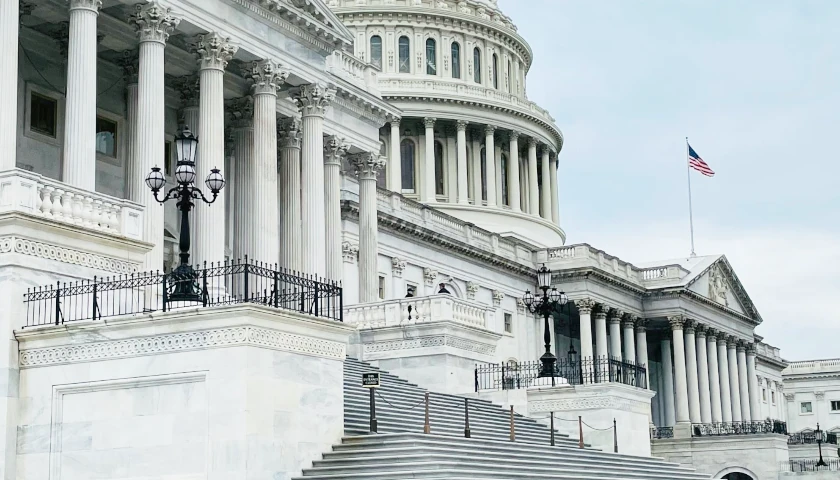by John Miller
Tennessee’s Senate race is poised to become a battleground in one of the most divisive issues facing the country: Can the United States make free trade work in the national interest?
With Sen. Bob Corker out of the race and national figures like Breitbart chairman Stephen Bannon vowing to field populist candidates, the 2018 campaign could become a nationalized race that features intra-party debates on the trade issue.
Fueling the debate may be an obscure trade dispute that is making its way to the president’s desk—one with significant implications for Tennessee.
Earlier this month, the U.S. International Trade Commission (ITC) unanimously held that trade practices by Samsung and LG Electronics are harming Whirlpool and other U.S. manufacturers.
The decision follows two previous rulings by the ITC that Samsung and LG are dumping washing machines into the U.S. market. With the benefit of subsidies from the Korean government, the conglomerates are overloading the U.S. market with washers and selling them below market value in order to undercut U.S. manufacturers.
Dumping is illegal under both U.S. and international trade law.
President Trump will decide in the coming months whether or not to level tariffs and other remedies against the companies.
In the run-up to the ITC decision, Rep. Marsha Blackburn, the frontrunner in the state’s 2018 Senate race, weighed in on LG’s behalf. Citing LG’s plans to build an appliance factory in Clarksville, Blackburn called on the ITC not to impose remedies like tariffs and quotas lest the company rescind its planned expansion in the state.
Advocating on behalf of Samsung and LG would be understandable if the under-construction LG plant would have a transformative impact on Tennessee’s economy. LG’s track record, however, paints a more dubious picture.
The reason why LG is in hot water with the U.S. government in the first place is because of its evasion of U.S. trade law. Each time the ITC recommended country-specific tariffs in response to LG’s dumping, LG responded by moving its production to developing countries in East Asia beyond the reach of U.S. remedies.
There is little reason to believe that LG’s plant in Tennessee – which received $22.3 million in grants from state taxpayers – will provide durable jobs for the state. More likely, LG will continue to use foreign parts and eventually relocate its assembly plant to a country with cheap labor and fewer regulations.
LG will probably find a way to profit in the global economy, but the outlook is bleaker for U.S. manufacturers such as Whirlpool, which are committed to producing appliances in Tennessee. Uncertainty on whether or not the Trump administration will crack down on LG’s cheating is already deterring Whirlpool from making investments in the United States.
The LG-Whirlpool dispute is typical of the kind of trade issue that will face Tennessee’s next senator. It is not a neat free trade versus protectionism debate. Rather, it is a case study in how to manage a free trade agreement—in this case, between the United States in South Korea—that ought to be mutually beneficial but is, in practice, being corrupted by the anti-competitive trade practices of foreign manufacturers.
Blackburn’s intervention in the LG case is likely to invite challenges from candidates who recognize that free trade can serve Tennessee’s interests, but only if its elected representatives are prepared to enforce international law with the force of tough remedies.
– – –
John Miller is a retired Chattanooga-area small business owner and conservative activist. He is a native of Clarksville, TN.





